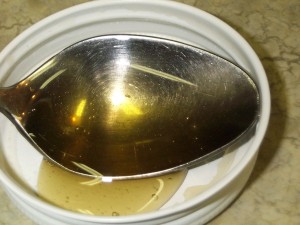No, not all honeybees sting… as a matter of fact, it is the boy honeybee called the “Drone” that does not sting! A drone is shown in the picture below on the tip of my husband’s finger.
 |
Virginia Wright | Paperback
$9.57
|
If you want to know all about bees, honey, and hives, this is a book you will want to read. It is written for children ages 8-12, but even adults would enjoy reading it. Author, Virginia Wright has included many fascinating facts about… Read more
Talented Author Virginia Wright clearly demonstrates her varied creative abilities as well as her desire to initiate and encourage learning opportunities for children. In her well-researched book…reading is made both fun and beneficial. I would surmise that this is the goal and greatest aspiration for most authors of children’s books and “Buzzzzzzzz…: What Honeybees Do” manages to do just that!
Inspirational Author & Book Reviewer ~ Dolores Ayotte
A Woman’s Voice – Inspirational Short Stories – Volume 1




